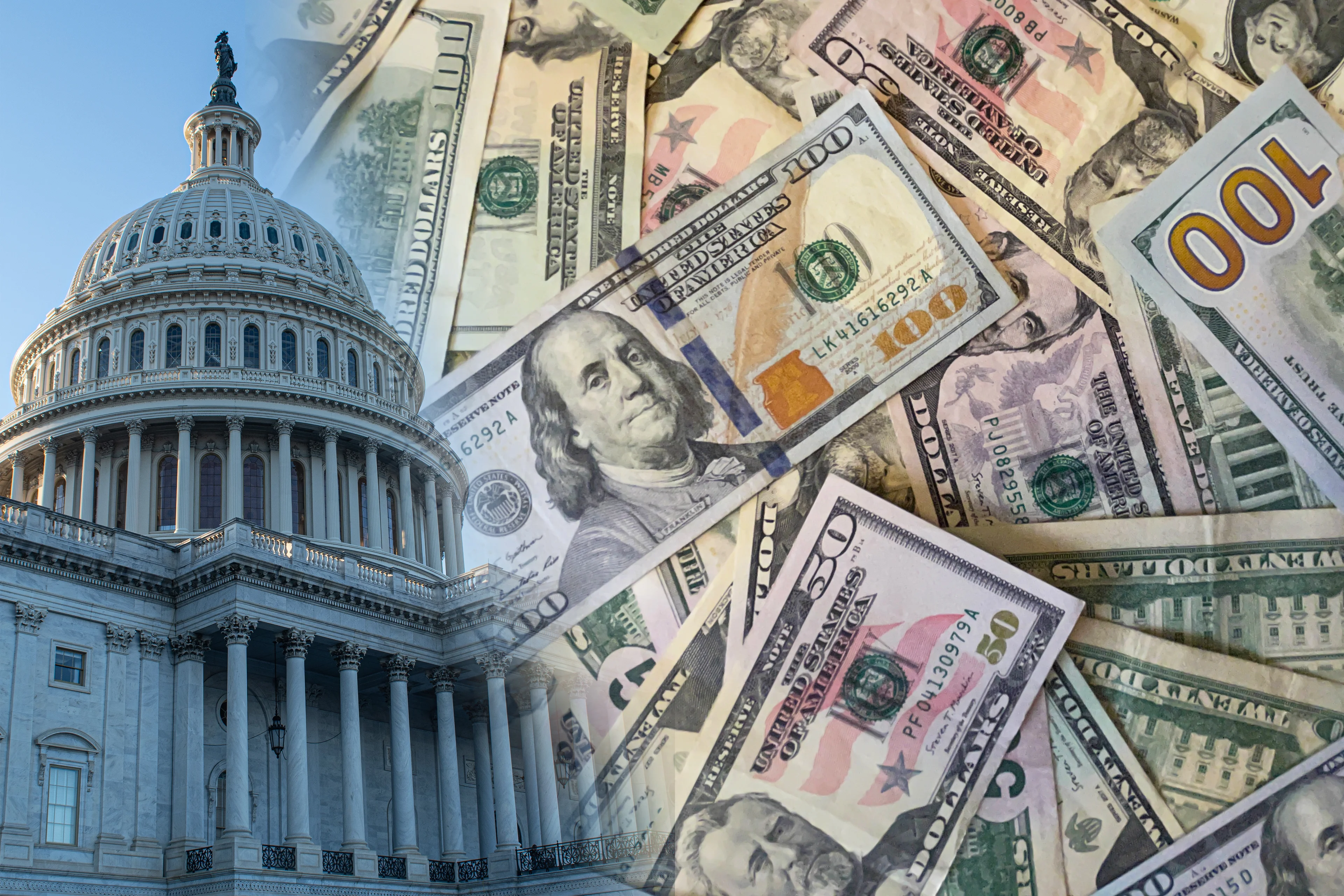
Taxpayers Beware: ‘Tis the Season for Charity Scammers
For most U.S. taxpayers, the holiday season is a time of giving. However, for charity scammers, this is the perfect time of year to prey on individuals looking to make year-end charitable contributions. The IRS also recently cautioned taxpayers of scammers who use fake charities to gather sensitive personal and financial data from unsuspecting donors in the aftermath of the Hurricanes Helene and Milton.
Tips to Avoid Scammers
To help keep you from falling victim to online scammers this holiday season, our business and individual tax pros highlight these tips to avoid fake charities:
- Always verify. Scammers frequently use names that sound like well-known charities to confuse people. Fake charity promoters may use emails, fake websites or alter or "spoof" their caller ID to make it look like a real charity is calling to solicit donations. Potential donors should ask the fundraiser for the charity's name, website and mailing address so they can independently confirm the information. To help verify an organization is a legitimate tax-exempt charity, the IRS has a Tax Exempt Organization Search (TEOS) tool available. With this tool, people can verify the legitimacy of a charity, check its eligibility to receive tax-deductible contributions and search for information about an organization’s tax-exempt status and filings.
- Be cautious about how a donation is requested. Never work with charities that ask for donations by giving numbers from a gift card or by wiring money. That's a scam. It's safest to pay by credit card or check — and only after verifying the charity is real.
- Don't share too much information. Scammers are on the lookout for both money and personal information. Never disclose Social Security numbers, credit card numbers or personal identification numbers.
- Don't give in to pressure. Scammers often pressure people into making an immediate payment. In contrast, legitimate charities are happy to get a donation at any time. Donors should not feel rushed.
The IRS also encourages individuals encountering a fake or suspicious charity to see the FBI’s resources on Charity and Disaster Fraud.
Claim a Deduction
Taxpayers who give money or goods to a charity can claim a deduction if they itemize deductions, but these donations only count if they go to a qualified tax-exempt organization recognized by the IRS.
Here to Help
As you conduct year-end tax planning, look to our tax pros to ensure you're making legitimate charitable contributions for tax-savings purposes. Our team can also assist with your overall tax planning needs to identify savings opportunities and reduce your tax bill for both your business and individual situations.


